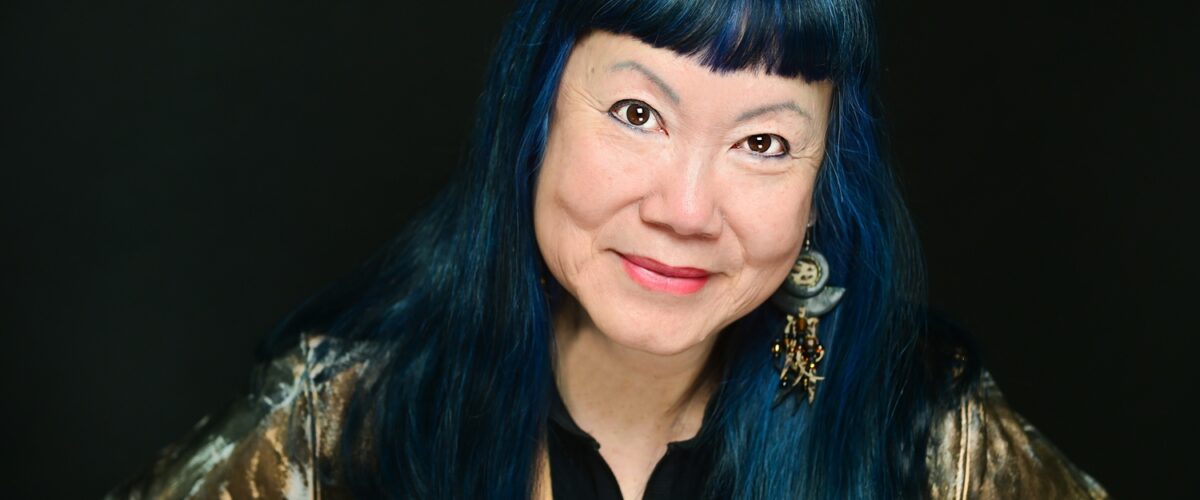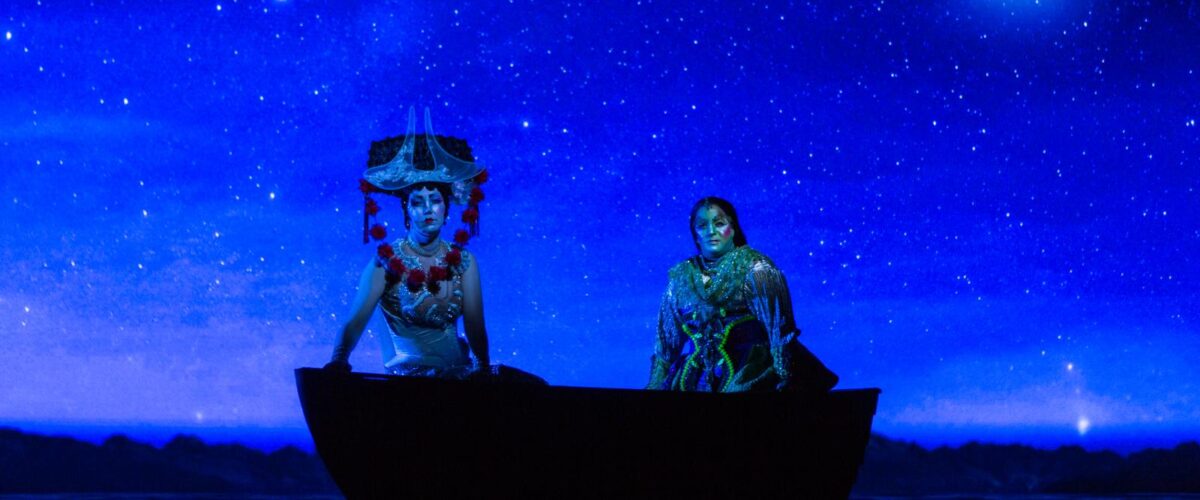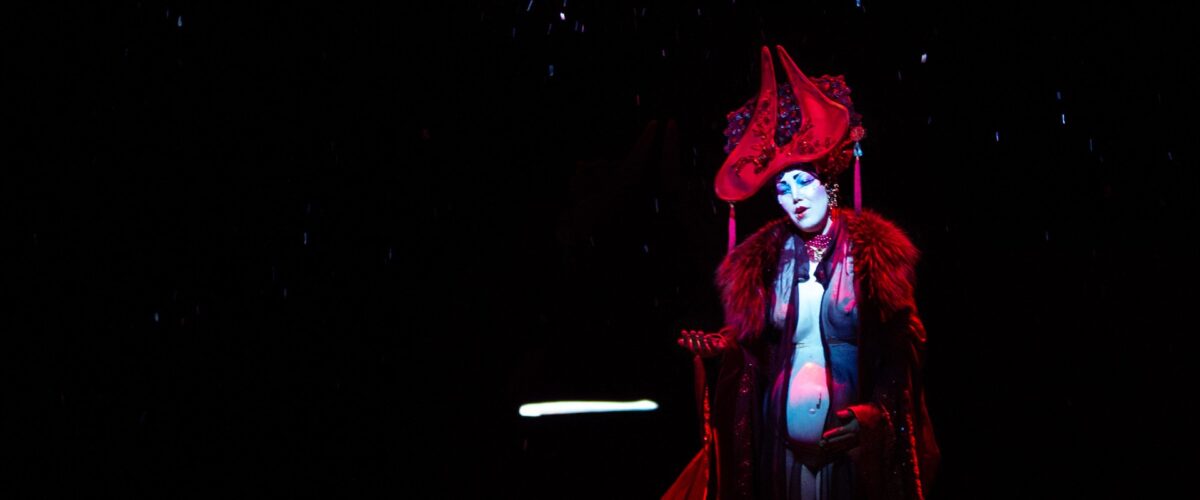TRANSCRIPT
Scofield: Now, you have got a very unusual production history and background to this work because in most operas throughout history, it is the composer who’s the driving force of the work. And he normally chooses the librettist. But you’ve kind of turned that on its head. You are the librettist and you have chosen the composers for each of these three works in the trilogy, and they are all different. I’m sure you’re aware that that you’re doing something totally different from the historical trend.
Jacobs: Yes, I am. And let me tell you, it’s been very difficult to convince people that it’s the perfectly reasonable way to do it, and I’m gonna say, it’s actually more logical than the other way. Because when you think about it, an opera is not a symphonic piece, it’s not an instrumental piece. It isn’t just the fact that it has singers involved, that’s not what makes an opera. What makes an opera is a dramaturgical structure and you know, nowadays of course, it’s very abstractive. A lot of opera is very abstract, there is no real strong dramaturgical through line, but I still believe in it.
So, let’s talk about sort of like, more traditional opera where you do have a story and a dramaturgical through line, and then within the constraints of that structure, you build your character development through words, not through music, through words, through that dialogue, through the aria, through the way they communicate and treat each other, and through the emotions and their passions and all of that. And it is within the structure created by words, that the music is layered on the structure. And that’s where you get a really tight opera capable of true dramatic storytelling, and the ability to move the audience. Now, if you started with the music with no structure, no story, no words, and you expect to lay other words on top of it, I think that’s a very, very difficult way to build an opera to be honest with you.
So, even when the composer said, you know what, I’d like to write an opera about, pick a subject, Tom Sawyer, he or she chooses his or her librettist, and the librettist has to start off with a story, otherwise there is no opera. So, for me, I don’t consider myself to be just a librettist in the sense of most librettist working in contemporary opera today–really do adaptations of existing work, like for instance, name a famous book, name a famous movie, and you know, let’s say you have Tom Sawyer the movie, then you have Tom Sawyer the book, then you have Tom Sawyer the opera. I don’t do that. All my work is original. In Broadway-speak, I write the book, and I write the lyrics. So, I consider myself to be a creator of new work because I create everything: the story, and then I write the lyrics, and then I have an idea of what the music should sound like because it’s my original story. It’s not in a story by Shakespeare.
Read more about Cerise Lim Jacobs on their OFFICIAL WEBSITE.




